Women’s World Cup 2023: Aussies turned on charm to win Cup
The charm offensive of private messages that steered Australia home in its quest to host the 2023 Women’s World Cup
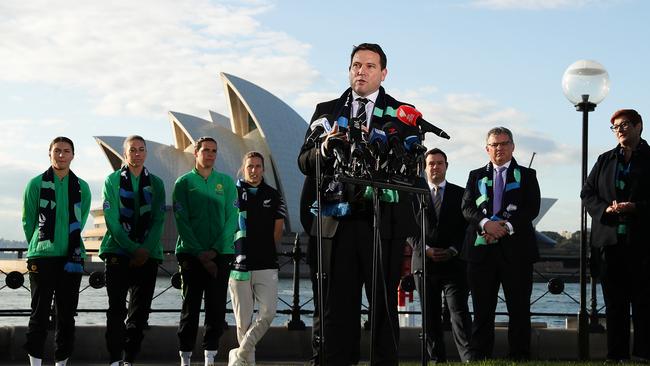
It’s being dubbed the WhatsApp World Cup bid — a charm offensive of private messages that steered Australia home in its quest to host the 2023 Women’s World Cup.
After FIFA voted to make Australia and New Zealand joint hosts in three years, it can be revealed how relationships developed in the past four years helped to see off a late effort led by Europe to torpedo the joint bid’s momentum.
Senior FFA officials on the Australian side of the joint bid, including Jane Hernandez and Mark Falvo, had helped to build a model that FIFA would come to rate technically as without peer in this contest. But Australian memories of the world governing body’s political manoeuvring grew sharper as the deadline for the FIFA Council to vote on the bids approached.
However a crucial factor this time was the list of contacts in the phone of new FFA chief executive James Johnson, previously head of professional football at FIFA. In that role, for three years from 2016, he had worked closely with influential FIFA vice-president Victor Montigliani, also president of the CONCACAF block of North and Central American nations.
The two remain close and Montigliani’s influence helped deliver the region’s five votes in the contest to Australia-NZ, despite a traditional alliance with their South American neighbours who had all backed Colombia.
When FIFA’s technical experts reported at the start of June that the Australia-NZ bid was the best, hopes began to rise. Compounding Colombia’s angst, two letters of complaint they sent to FIFA denigrating those bid reports were addressed to “Dear Gentlemen” and “Dear Sirs” when six of the 37 council members are women.
But concern was also growing of a potential alliance between the UEFA block of 11 European nations and the four South American voters.
FIFA president Gianni Infantino’s support for an enlarged Club World Cup, in conflict with the cash-rich UEFA Champions League, had put him at odds with UEFA boss Aleksander Ceferin, who appeared determined to use the World Cup vote to fire a shot across the FIFA leader’s bows.
Infantino was Johnson’s direct boss at FIFA and had made clear his intention to back Australia and NZ. Sources close to FIFA say in recent days Infantino emphasised to colleagues on the FIFA Council the importance of basing the decision on the technical reports on the bids. Montigliani — president of a region that delivers the most lucrative TV audiences to FIFA — reiterated to the same audience his confidence in the commercial returns the Australia-NZ bid would offer.
Infantino said after the vote that the bid’s clear strength in FIFA’s own technical evaluation had to be a deciding factor.
“At the end of the day we have to look at the bids,” he said. “FIFA in the past has been accused of not giving enough attention to the technical evaluation reports.
“But we have to show that these reports mean something or we are going to have to stop organising biddings.”
For once Australia became the beneficiaries of successful FIFA politicking. The quiet diplomacy of FFA chairman Chris Nikou and his staff had built support in Asia for the Australia-NZ case, leading Japan to withdraw its bid just days ago and the Asian voters to swing behind the joint bid.
When the FIFA Council vote was held on Friday morning, every one of Africa’s pivotal seven voters had opted for Australia-NZ, as well as Oceania and CONCACAF. Only South America and Europe backed Colombia.
The decision of the English FA to join them — apparently in the hope of backing for a 2030 English men’s World Cup bid — has particularly aggrieved Australian bid leaders, and a lack of trust between the two countries will be evident going forward.
Infantino, meanwhile, his distaste for UEFA’s political voting clearly apparent, has already flagged widening the vote for the next Women’s World Cup to all 203 of FIFA’s members — as it already is with the male tournament.
The Daily Telegraph

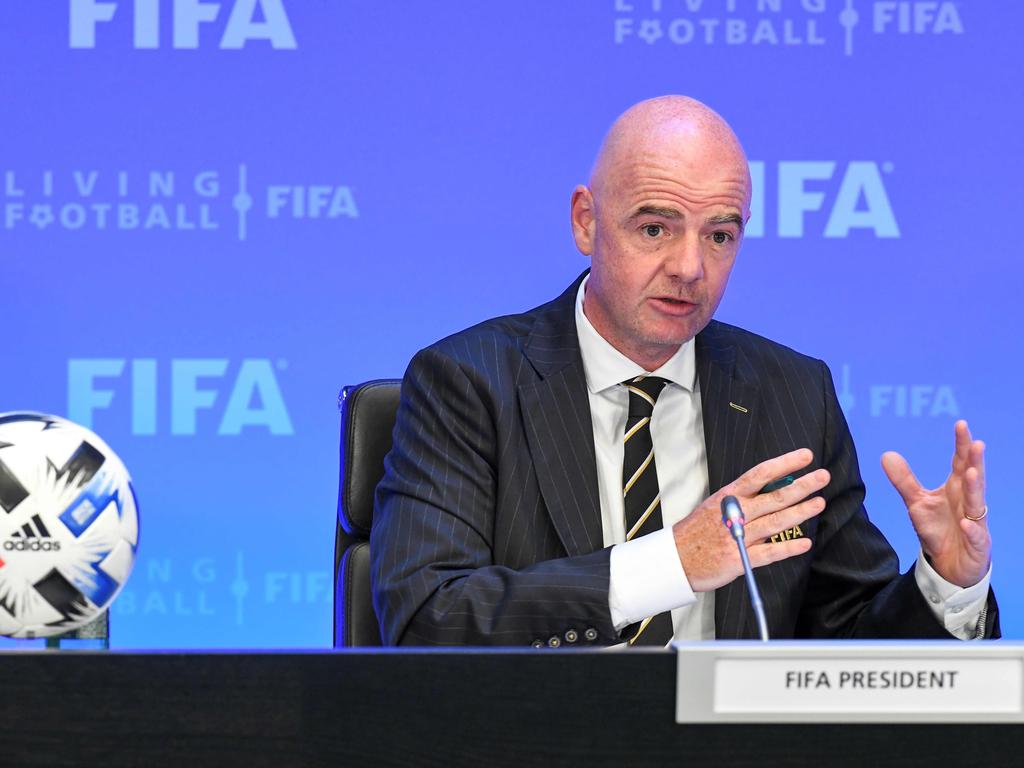
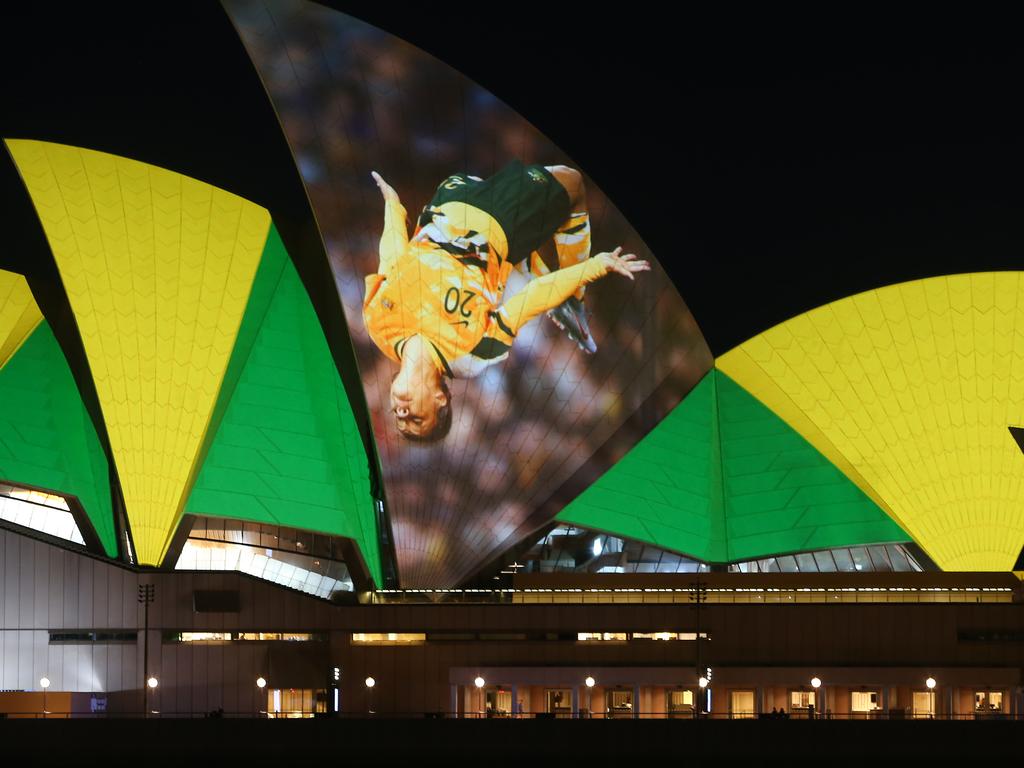

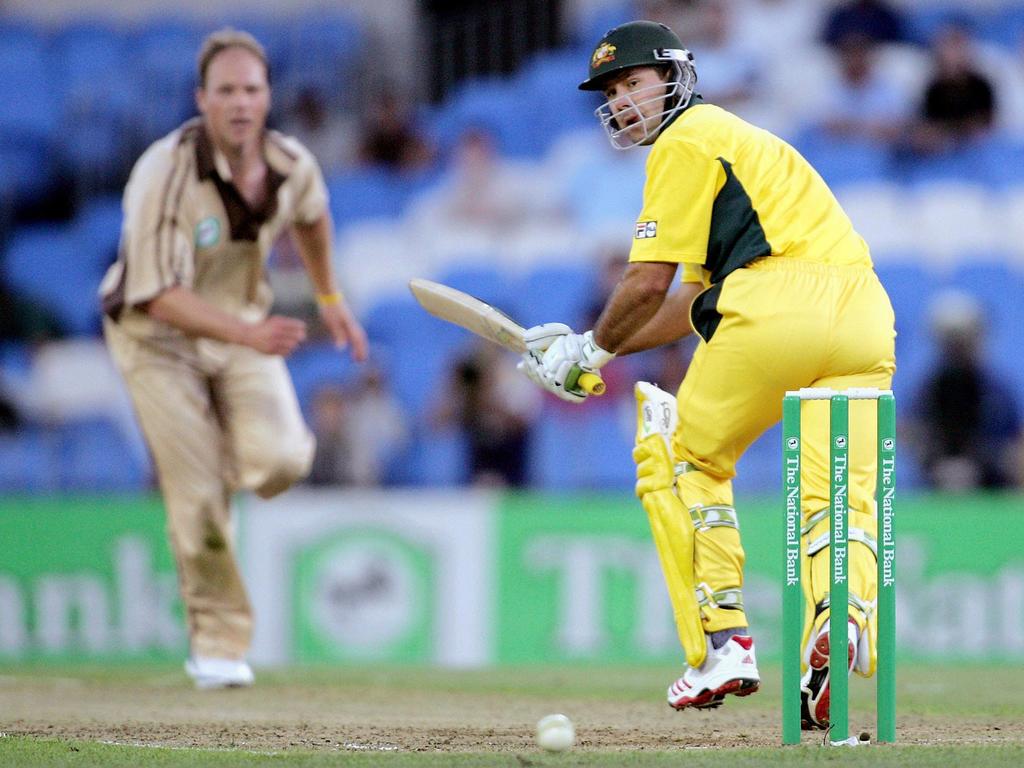
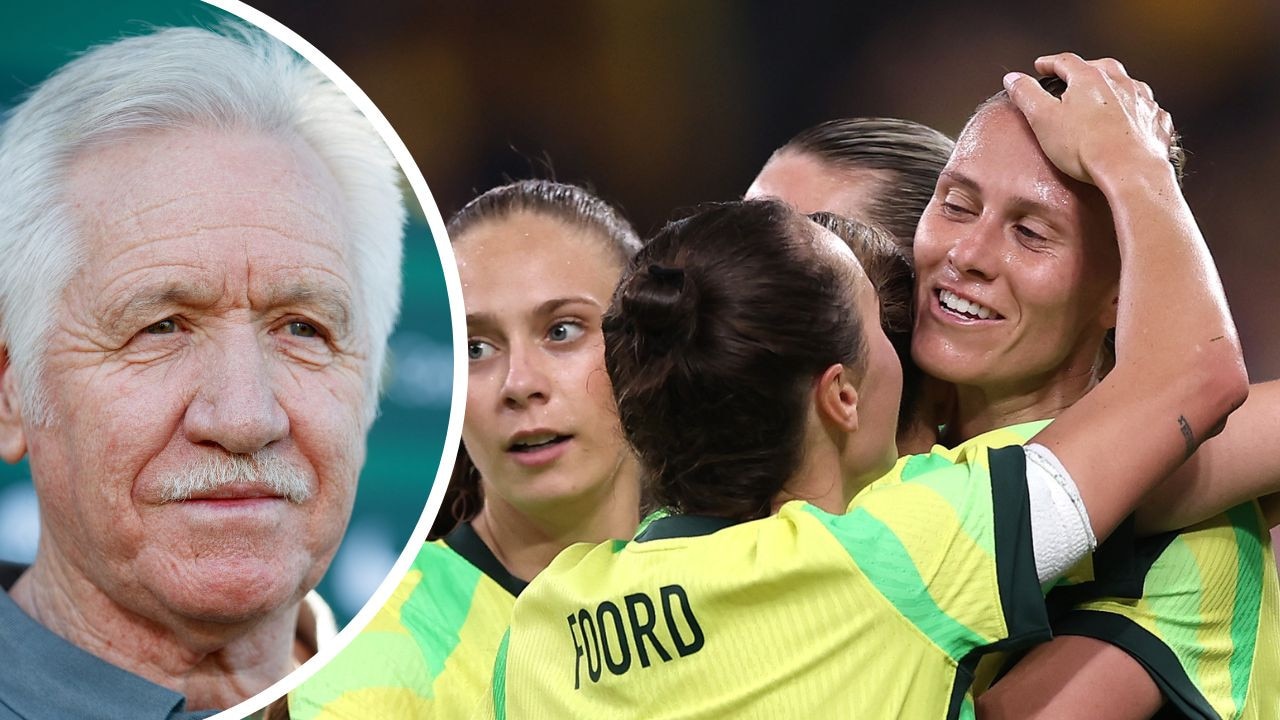
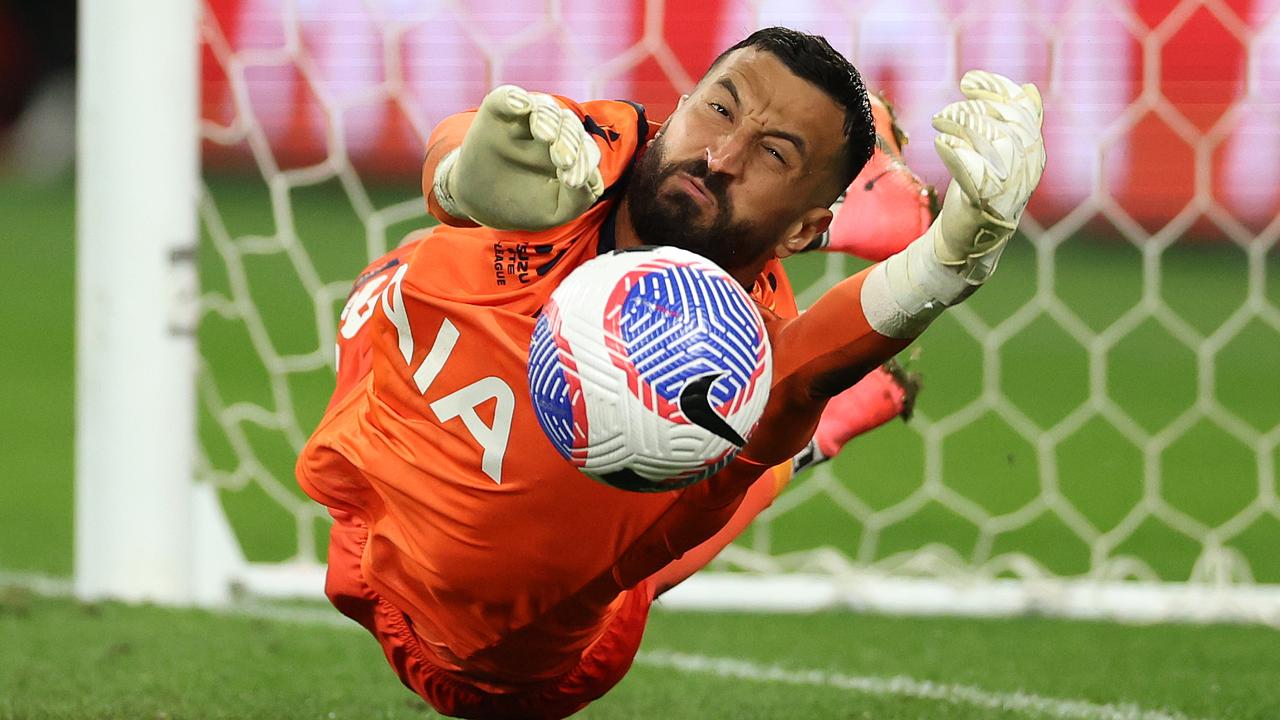
To join the conversation, please log in. Don't have an account? Register
Join the conversation, you are commenting as Logout